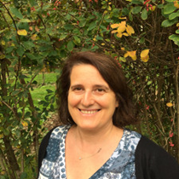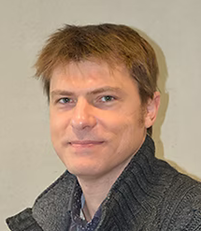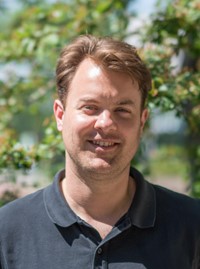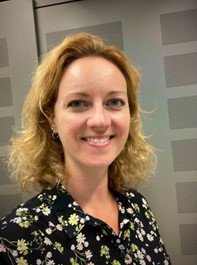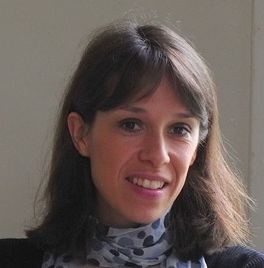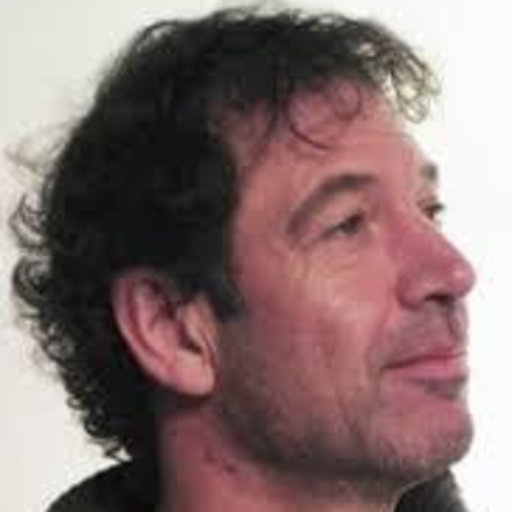1. Raffaella Balestrini, National Research Council (IBBR-CNR), Bari, 70126 Italy
Raffaella Balestrini is a CNR researcher since 1998. She is currently Director of the Institute of Biosciences and Bioresources of the CNR. The scientific activity of R. Balestrini is mainly focused on different aspects of the interactions between plants and symbiotic soil fungi. The main objective is the study of cellular and molecular bases of plant-microorganism interactions, with particular attention to mycorrhizal symbioses. Current research interests mainly address cellular and molecular aspects of plant development and interactions; the response of plants to biotic and abiotic stresses, with particular attention to the role of root-associated microorganisms; genomics and transcriptomics of symbiotic fungi; cellular specificity in mycorrhizal interactions.
